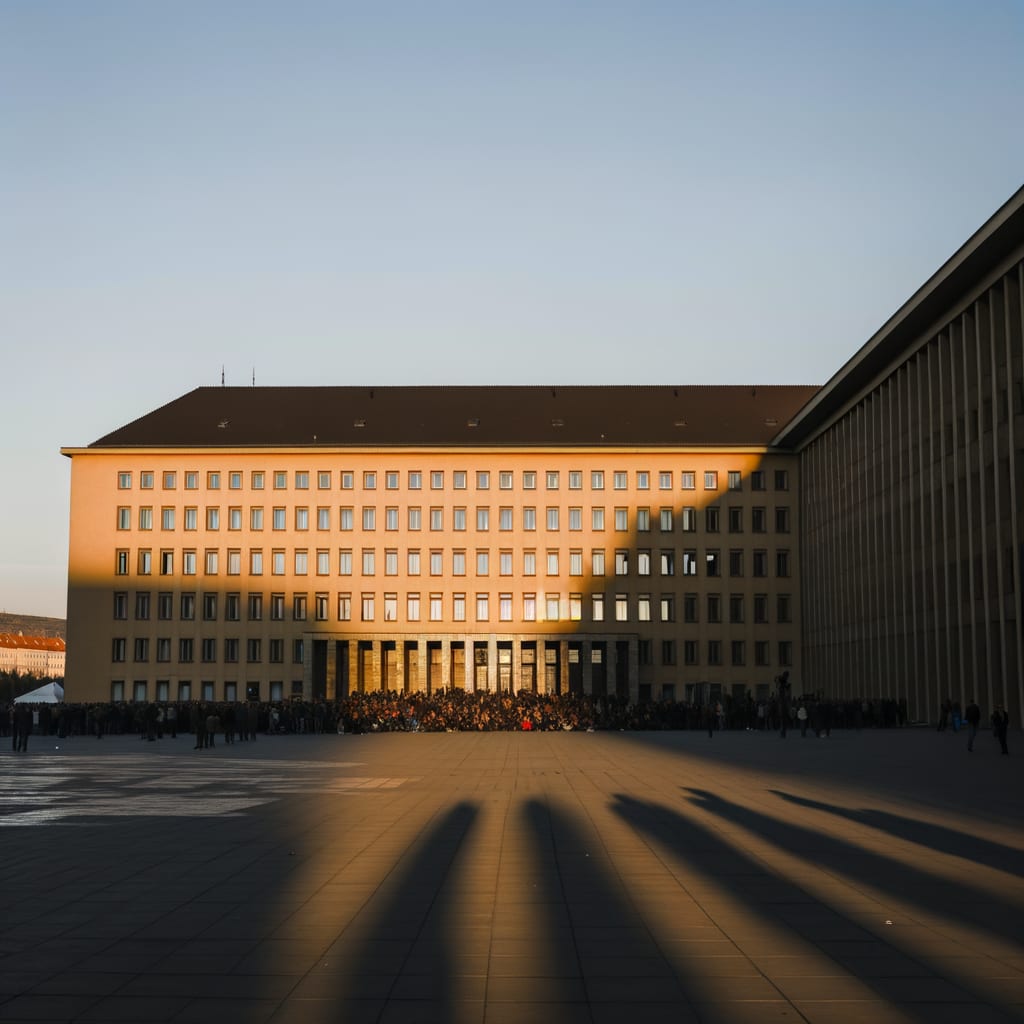Immigration Policies Fuel Far-Right Politics, Promote Mass Deportation Plans
Recent immigration crises have ignited political discourse, with far-right parties leveraging the situation to gain support and propose radical policies. Angela Merkel, former German Chancellor, acknowledged that opening Germany's borders to refugees strengthened the far-right Alternative for Germany (AfD). Concurrently, Nigel Farage, leader of the UK's Reform Party, has proposed mass deportations of asylum seekers.
Context of the Crisis
The past decade has witnessed a significant rise in immigration from war-torn countries. In 2015, Germany, under the leadership of Angela Merkel, opened its borders to hundreds of thousands of refugees from Syria and elsewhere. The action was driven by a humanitarian approach, with Merkel famously saying, We can do it.
However, as the anniversary of this decision approaches, Merkel has conceded that the move inadvertently strengthened the AfD, Germany's far-right party.
Meanwhile, in the UK, the government has detained more than 100 people who crossed the Channel on small boats, with potential plans for their removal to France under the new “one in, one out” scheme. No one has yet been granted a safe route to the UK.
Far-Right Politics Gain Traction
As per Folha de S.Paulo, Merkel stated in an interview with public broadcaster ARD, Certainly, this strengthened the AfD. But should I not take a decision I consider important, right, sensible, and humane because it might strengthen the AfD?
Her statement came as ARD aired a documentary exploring the impact of her decision.
In the UK, Nigel Farage, leader of the Reform UK party, has proposed a hardline immigration policy. Farage's plan, referred to as Operation Restoring Justice,
proposes mass deportations of asylum seekers, including women and children.
Farage's Controversial Plan
Farage's plan, reported by The Guardian, New York Times, South China Morning Post, and Fox News, has received widespread attention. It includes withdrawing the UK from the European Convention on Human Rights (ECHR), repealing the Human Rights Act, and nullifying international treaties that have been used to block forced deportations. Farage argues that this plan is necessary to prevent major civil disorder.
Reactions and Implications
The proposal has drawn sharp criticism from legal experts and human rights campaigners, who argue that it would dismantle Britain’s postwar commitments and shred fundamental rights.
However, Farage remains defiant, stating at a press conference, One of the most interesting things about this press conference … is the questions being asked are about the practicalities of individual pieces of implementation. What I notice is there is very little pushback from the media against the idea that we really are in very, very big trouble in this country.
Current Status
As the debate around immigration intensifies, the far-right continues to gain strength in both Germany and the UK. Whether these hardline policies will be implemented remains to be seen, as they face significant legal and ethical challenges. The situation underscores the complex interplay between humanitarian concerns, national security, and political dynamics in addressing the ongoing immigration crisis.

